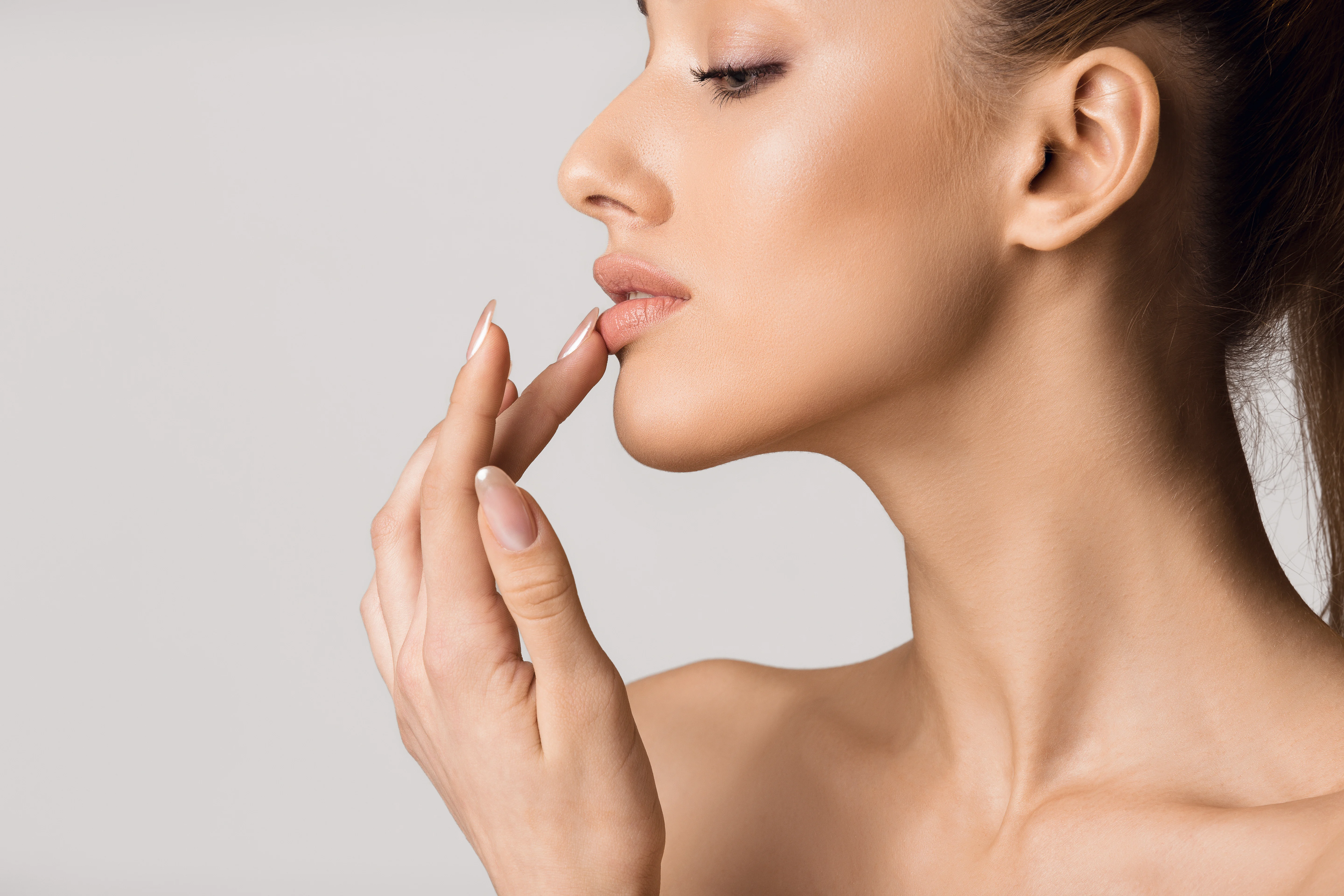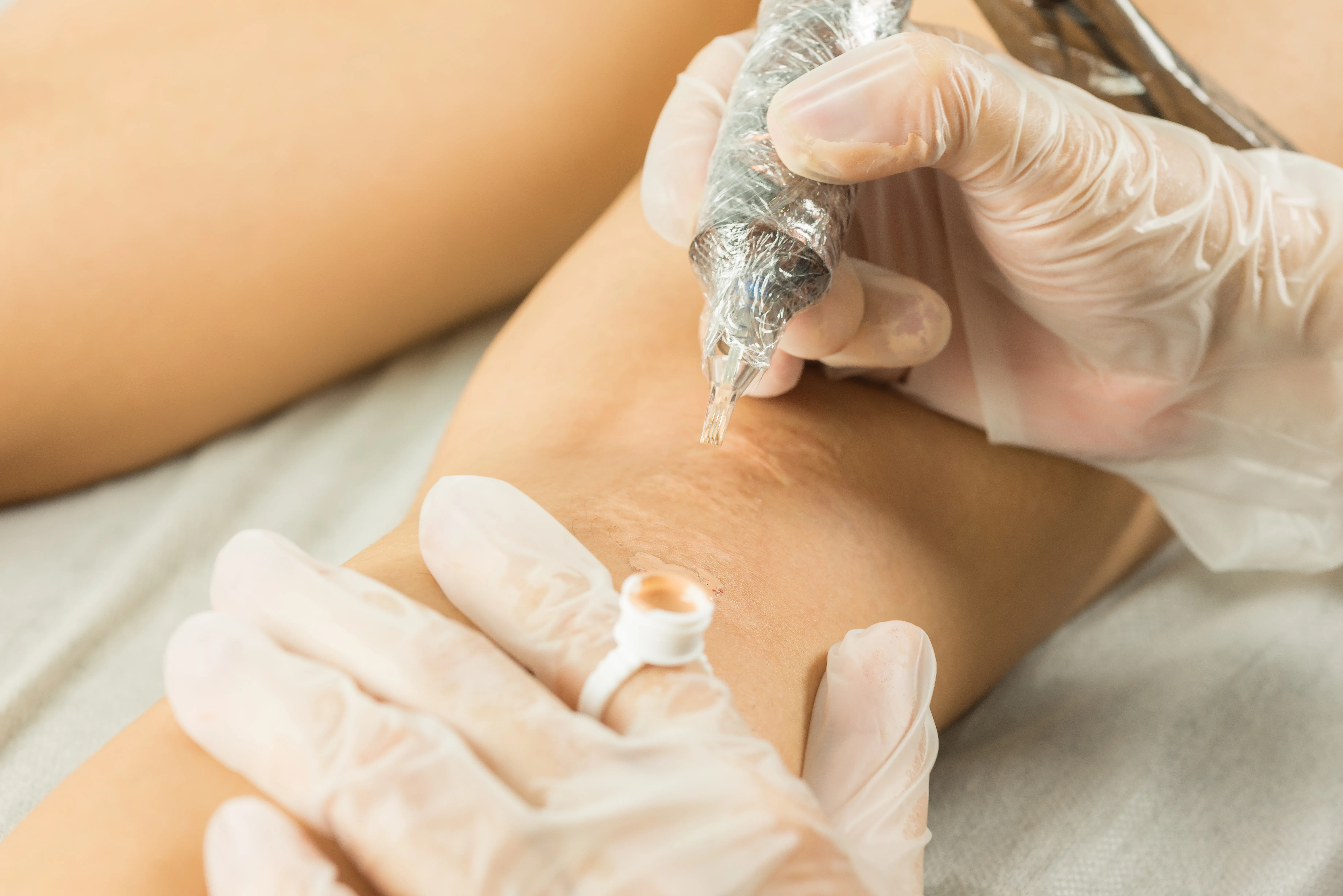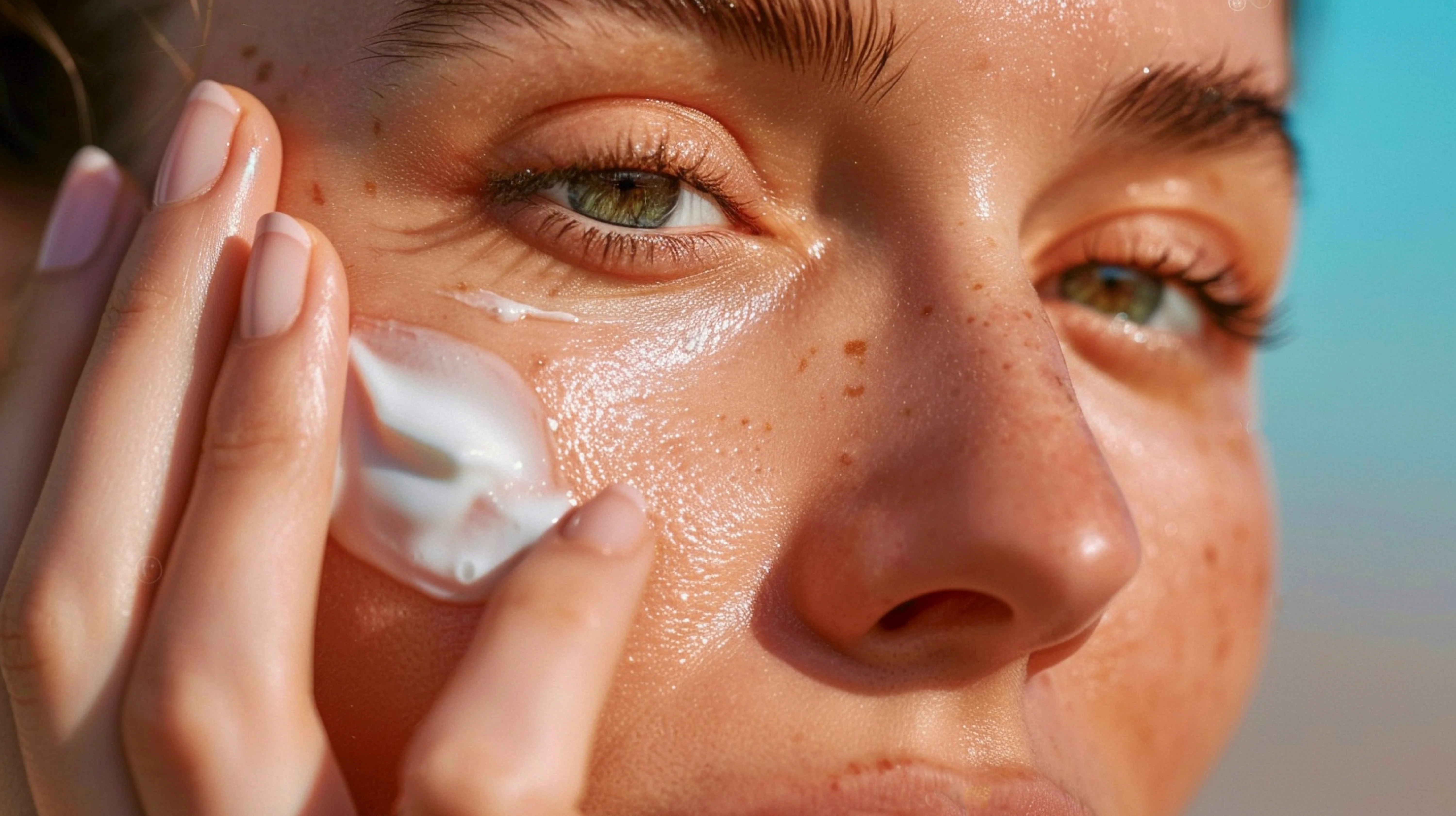Why Retinol Deserves a Place in Your Skincare Routine

Retinol: Myth-Busting and Must-Have Advice from a Plastic Surgeon
Hi, I’m Dr. Victoria Aimé, a plastic surgeon in Scottsdale, AZ. I often hear questions about retinol, especially on social media where there’s a lot of misinformation. One of the most common myths? That retinol products thin the skin.
Let me be clear: retinol does not thin your skin—in fact, it does quite the opposite.
What Is Retinol?
Retinol is a vitamin A derivative applied topically to stimulate skin cell turnover and regeneration. It’s available in over-the-counter (OTC) and prescription forms, and it’s a cornerstone of effective anti-aging skincare.
What Does Retinol Really Do?
Retinoids—including both prescription-strength products like tretinoin and OTC options like adapalene (Differin)—increase the thickness of the skin’s top layer (the epidermis) . They also:
- Reduce the appearance of fine lines and wrinkles
- Improve skin tone and texture
- Minimize hyperpigmentation, redness, and sunspots
- Shrink enlarged pores
When and How to Use Retinol
Retinol is best applied at night, as it can make the skin more sensitive to sunlight (a phenomenon called photosensitivity). If you’re using a retinol, daily sunscreen is a must to protect your skin during the day.
Dr. Aimé’s advice for beginners? Start slow:
- Begin by using it every 2–3 nights
- Mix it with your moisturizer to buffer initial irritation
- Slowly increase frequency as your skin builds tolerance
Where Can It Be Used?
Retinol can be applied to the face, neck, hands, and arms—anywhere with signs of sun damage or aging .
Which Products to Choose
Prescription formulas like tretinoin are stronger, while OTC options such as Differin (adapalene) are gentler and readily available at most drugstores.
Dr. Aimé’s ultimate skin care duo? Retinol and sunscreen. If she were stranded on a desert island, those are the two essentials she’d pack.
Bottom Line
Retinol is one of the most studied, effective ingredients for long-term skin health and appearance. It’s suitable for almost anyone—whether you’re just starting a skincare routine or looking to refine it.
You’re never too young or too old to benefit from retinol. Just remember: consistency, patience, and sun protection are key.
Have questions about how to add retinol into your skincare? Feel free to reach out!
Our surgical and non-surgical treatment options
Ready to start your transformation?
Whether you’re just beginning to explore your options or have specific goals in mind, we’re here to guide you with expertise and compassion.

Read more articles

Hyaluronic Acid for Dry, Chapped Lips
Dry, chapped lips? Layer a few drops of hyaluronic acid serum under your lip balm to restore hydration and smoothness. This simple step helps your lips stay soft and moisturized—even in dry climates.

Why I Wear UPF Clothing (and You Should Too)
UPF clothing is one of the easiest ways to protect your skin from UV damage—especially while driving or spending time near windows. Dr. Victoria Aimé shares how she uses UPF sleeves, gloves, and hats daily, and why this sun-smart habit is a must for long-term skin health.

Medical Tattooing for Scars: An Effective Option for Natural-Looking Results
Learn how medical tattooing can effectively camouflage scars and hypopigmented areas. Ideal for tummy tuck scars, breast lift scars, or post-reconstruction areolas, this treatment blends pigment naturally for more confident, seamless results.

How to Choose and Use Sunscreen: What SPF Really Means
Not all sunscreens are created equal. Learn what SPF really means, how to apply sunscreen correctly, and which options Dr. Aimé recommends for daily protection.
